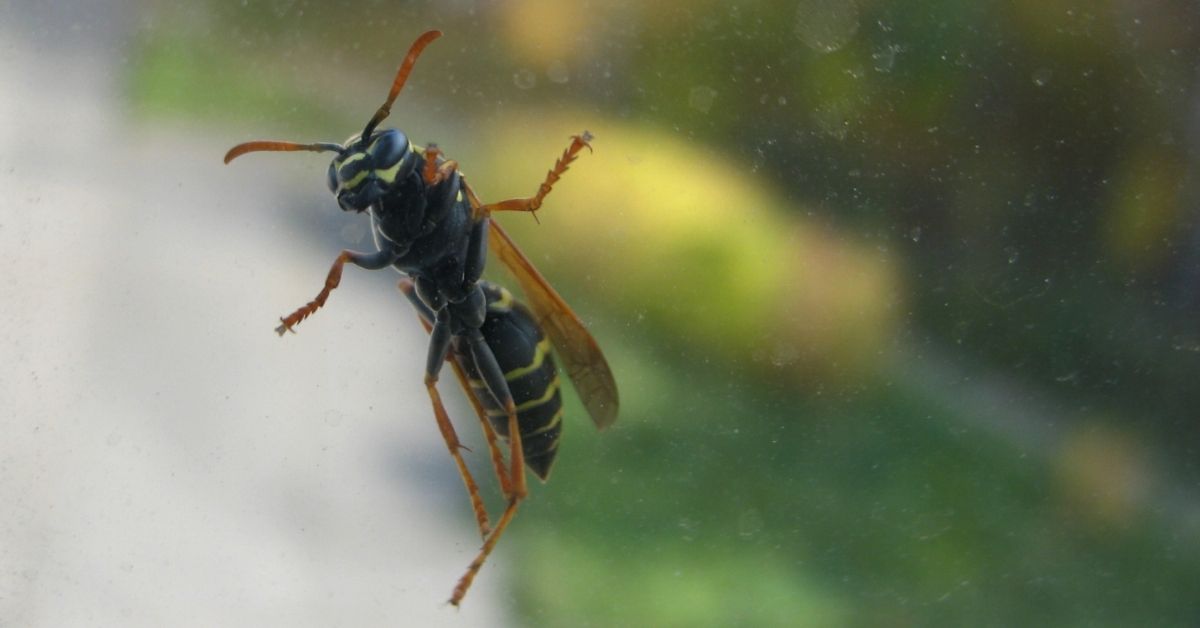3 Pests Attracted to the Exterior Windows of Your Home

Getting Your Windows Ready for Fall
September 30, 2020
Windows provide a lot of natural sunlight and great views, but no homeowner wants their view obstructed by pests. For many different If you’re like most homeowners, you probably take pride in the appearance of your home. You may spend a lot of time and money on landscaping, keeping the interior clean, and making sure that all of your windows are sparkling. But what you may not realize is that there are three common pests that are especially drawn to the exterior windows of your home: flies, hornets, and spiders. In this blog post, we’ll take a closer look at why these pests are attracted to windows and what you can do to keep them away. Stay tuned!
Flies

House flies are not just attracted to the windows on your home, they often try find their way into your home directly. The flies, on the other hand, may choose to stay in the window area during the warmer parts of the day. Flies may often cling to window screens and discover any openings they can in order to get into a house.
If flies are a problem, try to keep food or garbage away from the window. However, if the insects have become a nuisance and are always on the window, it may be time for a professional solution.
A pest control expert sprays the window and the surrounding area to keep flies at bay and prevent them from congregating around the window or reproducing. When you get rid of flies, you also reduce the chance that they’ll spread germs throughout your house. Once the pest control treatment is completed, you also will not have to worry about the presence or maggots or dead flies taking up space on the window sill.
Yellow Jackets & Hornets

If you see yellow jackets or hornets near the window, the flying insects probably don’t want to gander inside. In many cases, the yellow jackets have established a nest in the window frame. For example, the corners of a window frame may contain small holes or openings where the yellow jackets built a nest.
A hornet uses the same process, so keep in mind that many of the windows on your home may be prone to the nest areas. When a window is opened, or if you approach the nest too closely, an insect may react by stinging or biting you.
A pest control worker eliminates the nest and sprays the area with a specific pesticide used to deter the insects from coming back. When you want to leave your windows open or enjoy the view outside, removing yellow jackets and hornets will guarantee that you are safe.
Spiders

With so many other bugs and insects attracted to your home’s windows, it’s common to find spiders capitalizing on this by building webs in window corners to catch their next meal. But did you know that proper landscaping and tree maintenance from reliable Victoria tree services can significantly reduce the number of insects like spiders around your windows? Overhanging branches can be highways for spiders and other pests to access your home. By keeping the trees well-trimmed and away from the house, you minimize these pest attractions. If you’ve noticed an uptick in eight-legged visitors on your windows, it may be time to consult a tree service professional to manage any nearby arboreal gateways. After addressing any tree-related issues, a pest control expert can clear out the existing webs and help deter future arachnid guests from making themselves at home.
A spider may lay eggs over time, which will hatch and subsequently your windows may be clogged with a variety of webs and spiders. The web not only prevents views outside the window, but some spiders may bite or be poisonous. like the Northern black widow. When you open the window or attempt to clean spaces, a spider may bite you.
A pest control worker will not only get rid of the webs on the window but implement multiple ways to prevent the spiders from returning.
Conclusion
Windows are a natural point of entry for pests like flies, hornets, and spiders. In this blog post, we’ve looked at why these pests are attracted to windows and what you can do to keep them away. A reliable pest control company that our clients have used many times is called Pestcheck. They have pest control technicians throughout the lower mainland. We hope you found this information helpful! If you have any other questions about window-related problems or solutions, please don’t hesitate to contact us.
